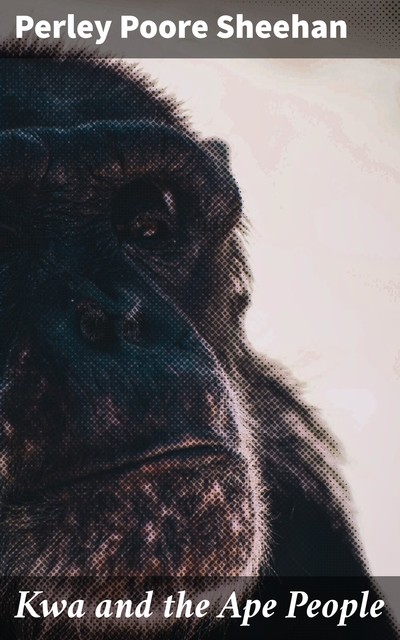In “Kwa and the Ape People,” Perley Poore Sheehan crafts an enthralling narrative that deftly intertwines adventure and anthropological themes. Set against the backdrop of a dense, uncharted rainforest, the novel follows Kwa, a young native boy, as he embarks on a perilous journey to rescue his sister from the clutches of a tribe considered savage by outsiders. Sheehan employs a vivid literary style, rich in detail and emotion, that immerses readers in the vibrant landscape and complex social structures of the indigenous tribes. Structurally, the novel reflects the early 20th-century fascination with primitivism, aligning with contemporary notions of the noble savage and the value of untamed nature, while subtly critiquing Western colonial attitudes. Perley Poore Sheehan, an American author known for his adventurous tales and keen interest in anthropology, drew inspiration from his extensive travels and interactions with indigenous cultures. His work reflected a deep empathy for marginalized societies, often challenging prevailing stereotypes of primitivism. Sheehan's unique perspective and robust narrative style are rooted in his desire to illuminate the richness of human experience, moving beyond simplistic portrayals of difference. “Kwa and the Ape People” is highly recommended for readers who appreciate a blend of adventure and social commentary. Sheehan'Äôs ability to evoke empathy for both Kwa and the ape people creates a profound narrative that resonates with contemporary discussions about culture and identity, making it a thought-provoking addition to any literary collection.


